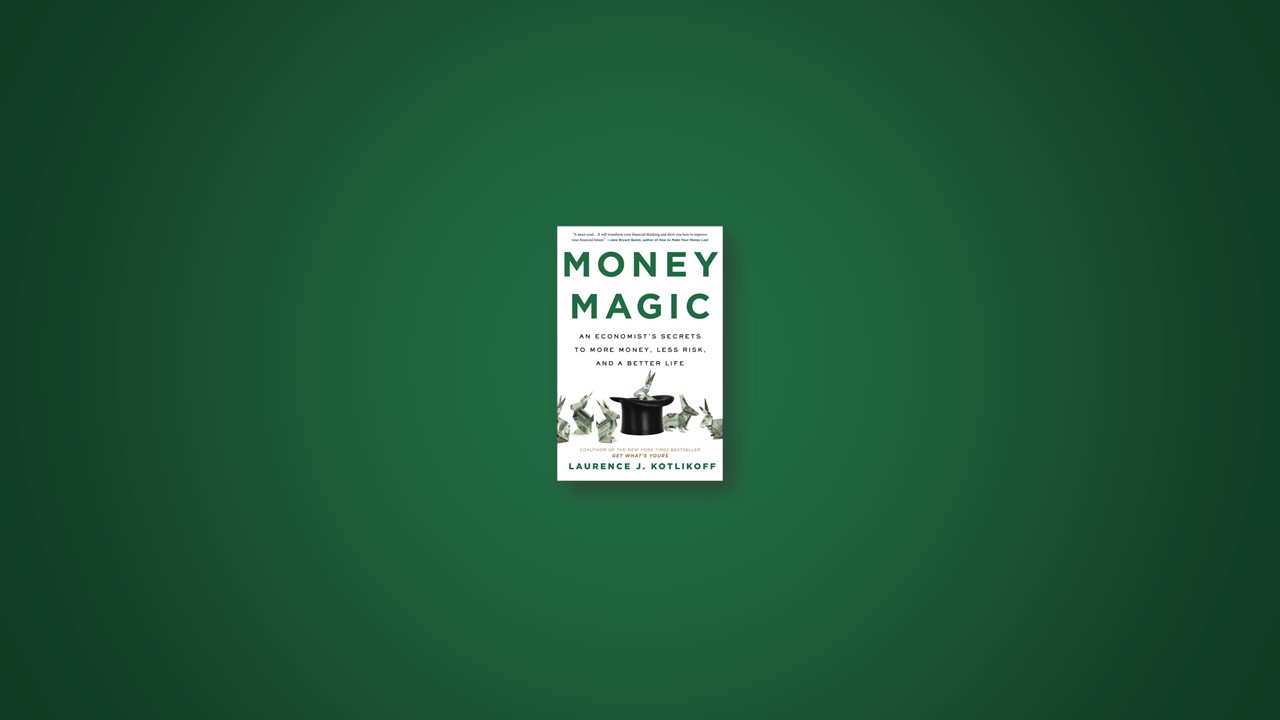The Path to a Dollar-ful Career
Today’s labor market, with its fast-paced automation, outsourcing, and offshoring, is not your parents’ labor market. It’s a market in which plumbers can earn as much over their lifetimes as doctors and in which a host of careers you’ve never heard of deserve your consideration.
Multiply, add, and subtract. Multiply each career’s payoffs and costs, year by year, by the probability of your lasting in the career long enough to earn the projected payoffs and pay the projected costs. Then add up, across years, all the expected payoffs and subtract all the expected costs. This will produce a first-order sense of which career will net you the most. But don’t ignore a worst-case scenario. You can’t just play the odds. What happens on average won’t happen to you.
Compare the expected net costs and your personal compensating differential. This is what you’ll need to be paid to choose career A over career B were they otherwise to pay the same.
If one career pays a lot more for no clear reason, figure out why. Is there more physical danger, more difficult hours, higher training costs, higher burnout, more sexual or racial discrimination, or more commuting time? Be aware of the compensating differential of that career, but don’t be afraid to embrace a career you love just because everyone else hates it. That’s actually your sweet spot.
Consider working for yourself. If you start the right business in the right way, it will raise your remaining future earnings and give you unmatched job security.
Divining the Right Time to Retire
A surefire way to make money, potentially lots of money from your financial perspective, is simply to delay your retirement.
It’s easy to fall into the trap of thinking that you’ll die on schedule, exactly at your life expectancy. Don’t be fooled. Virtually no one dies on time.
Your life expectancy is a statistic—an average. You’re not an average. You’re an individual outcome in the making.
Since you’re going to die when your number is called, not when a statistician says you should, your life expectancy is of zero value to your financial planning.
Plan for a longevity catastrophe, dying at what, financially speaking, is the worst possible time: your maximum age of life. The longer you last, the longer you’ll need to clothe, feed, house, entertain, and maintain yourself.
Shack Up with Mom and Other Smart Housing Moves
Define and research your housing market.
Compare purchase and rental prices on a systematic basis, taking your personal compensating variations into account.
A mortgage isn’t a basic housing cost. Instead, it’s a financial and tax loser. Pay yours off or down ASAP.
Cashing out your retirement assets to pay off your mortgage may make you a bundle.
Homeownership is a major tax shelter. It has nothing to do with mortgages.
The housing services from a home you own represent a real annuity, which provides insurance against excessive longevity. Your home’s trapped equity is also a potential entrance fee to a nice long-term care facility.
Sharing housing costs can dramatically raise your living standard. Shacking up, Airbnbing, and leasing or subleasing—these are all ways to split costs and save money.
Downsizing can release lots of trapped equity and dramatically raise your living standard.
The Oldest Financial Trick in the Book
Whether nineteen or ninety-one, if you’re single, you’re in the marriage market.
Being in the marriage market means selling your long-term companionship in exchange for someone else’s. If you marry rich, you’ll experience a meteoric rise in your living standard. If you marry poor, understand the living-standard price that entails.
Today’s Match.com is the ancient Babylonian bride auction, where we offer to merge our entire bundle of wares with someone else’s. The transaction’s not for an hour or a day or a year. It’s till death or divorce do us part.
Marrying up financially is a great goal. It doesn’t make you a gold digger to search for more material well-being. Nor will it make you a saint to do the opposite. When you’re searching for love, be on the lookout for money. And if someone admires you for your money, don’t take offense. It may be your best feature.
The bundle you’re buying when you marry someone includes your spouse-to-be’s assets, financial and real; earnings power, present and future; and liabilities, current and coming. These are key components to understand in choosing whom to fall in love with.
Getting a Fair Split If You Split
Marriages aren’t built to last. They need constant minding. Don’t take yours for granted or you may end up like almost half the country—divorced.
Prenuptial agreements can protect you if you do divorce. But they can also help prevent divorce by enforcing mutual investment arrangements that strengthen and preserve your marriage.
Divorce comes at a huge financial cost. Part of that is the cost of lawyers, which you can avoid via mediation or collaboration on your own divorce agreement. But mostly it’s the loss of the tremendous economies of shared living associated with cohabitation.
Divorce seems like it’s all about feelings. But there are ways to translate feelings into dollars so the benefit from divorce can be compared with its financial cost.
The first step in getting divorced is to decide if it’s worth it. Ask yourself how much you’d pay, in terms of a reduced living standard, to escape your spouse. It may be a lot but still below, if not far below, the cost. In this case, stay where the grass isn’t greener.
It’s Far Too Risky
A college education is arguably mostly about signaling your ability to work hard, to focus, to persevere. But these days, you can go to an inexpensive school and signal these qualities by simultaneously taking inexpensive online courses from elite institutions for a certificate and a formal grade. You can also transfer from an inexpensive, less prestigious college to an expensive, more prestigious one. A strikingly large share of undergraduates college hop, some more than once.
There is good financial aid (basically grants and scholarships) and bad aid (namely loans that must be repaid). Colleges lump both types of aid into one figure called financial aid. Don’t let that fool you. A loan is a burden, not a form of help. Failure to repay loans can lead to draconian consequences, including the amount owed growing over time and your wages and even Social Security benefits being garnished.
The interest rates on student loans all exceed what you can earn by investing, and some exceed it by a mile. The longer you take to repay them, the higher their cost. But paying off large loans quickly will likely leave you strapped for cash. This bolsters the argument for getting well educated inexpensively and not borrowing.


